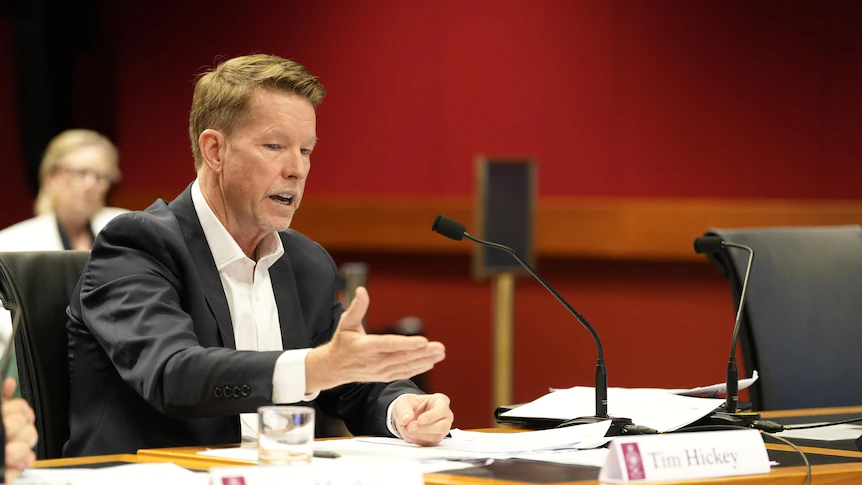By Carl Court,Felix Armstrong
Copyright cityam

Tory leader Kemi Badenoch has vowed to scrap legislation forcing the government to achieve net zero by 2050 promising instead to prioritise “cheap and reliable” energy if elected to government.
The Climate Change Act was first passed in 2008 before being amended in 2019 under Theresa May’s government to include a legally-binding target to reach net zero emissions by 2050.
The Tories would replace the act with a strategy plan to lower energy bills for households and firms while “preserving the natural environment”.
The policy announcement marks Badenoch’s split from her predecessors at the Conservative Party and it represents a further shift in focus for the Tories in pledges to slash energy costs.
The party believes the act has led to higher energy bills, damaged economic growth and cost taxpayers millions of pounds due to the rise of “eco-warfare” on industry giants.
It said it would introduce new climate policies to protect nature, with Badenoch claiming in March that the net zero target was “impossible” to achieve.
Badenoch said: “We want to leave a cleaner environment for our children, but not by bankrupting the country.
“Climate change is real. But Labour’s laws tied us in red tape, loaded us with costs, and did nothing to cut global emissions. Previous Conservative governments tried to make Labour’s climate laws work – they don’t.
“Under my leadership we will scrap those failed targets. Our priority now is growth, cheaper energy, and protecting the natural landscapes we all love.”
Tory officials have said that the act had meant that manufacturers across the UK’s chemicals, cement and metals industry were being replaced by imports using “cheaper but dirtier energy” at a cost to the taxpayer.
They also said the UK economy risks being left behind by the likes of China, which is cutting emissions at a slower pace.
Net zero pushback
Last month, Badenoch pledged to make North Sea oil a “cornerstone” of the UK economy by ending a ban on new oil and gas licenses in the area.
Reform UK has also opposed net zero policies. In July, Nigel Farage urged Reform-led councils to ditch “virtue-signalling” carbon reduction targets and pledged to scrap all subsidies for renewable energy firms.
Energy secretary Ed Miliband is also reportedly considering easing the government’s strong stance on accelerating the UK’s drive to net zero, with reports suggesting the government may walk back from its ban on issuing new licences for oil and gas drilling in the North Sea.
Speaking at a Labour conference fringe event, energy minister Michael Shanks said that the government was “looking at everything” to reduce energy bills.
Energy costs rose by two per cent this week after regulator Ofgem increased its price cap.
Claire Coutinho, shadow energy secretary, said that the act was “deindustrialising” Britain and making energy more expensive.
She said: “Despite our efforts, emissions around the world are rising. When things aren’t working, we should say so.
“Our priority will be to make energy cheap, double down on innovation and protect nature.”
James Alexander, UK Sustainable Investment and Finance Association chief executive, said: “”The Act’s mandate to cut emissions has given investors the confidence to back the UK’s green economy, with the business sector now the second-fastest growing globally.
“Conservative calls to rip up this signature legislation would send damaging signals to markets, jeopardising jobs, growth and our long-term energy security.
“The country has the chance to become a sustainable economic powerhouse if we maintain a political consensus around the need to slash greenhouse gases.”



